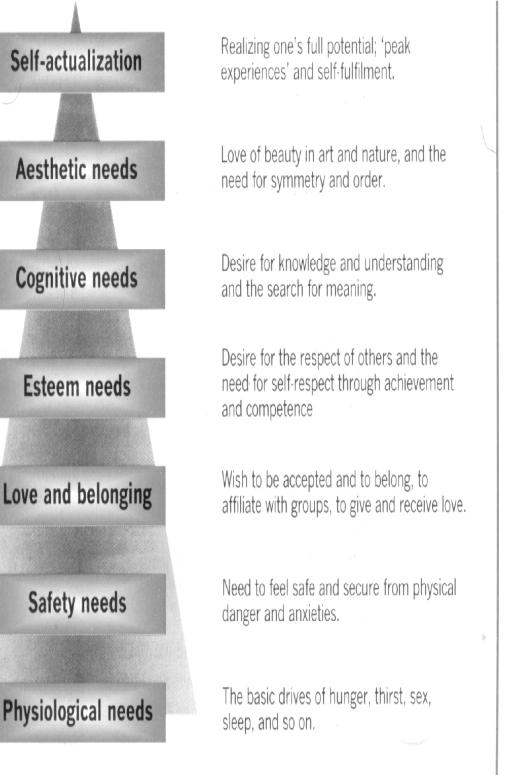

Respecting Independence and Autonomy is
essential for good practice in care work.
Everyone expects to be treated in a way
which respects their individual (independence)
People also have the right to have the
power (autonomy) to make decisions for themselves
Some Examples
People expect
·
To be treated with respect at all times
·
To have our choices, wishes and
preferences, listened to and respected
·
To have our beliefs in our culture and
race, and our religious and political beliefs recognised and respected
·
To have our age , gender, sexual
identity, physical and mental condition recognised, listened to and respected
·
To be communicated with in ways we
understand and which value us as people
·
To have the right to say ‘No’ when
determining and managing our lives
·
To have our feelings recognised and
respected and to be allowed to express emotional needs
·
To have our need for privacy and
confidentiality respected
In effect we all have needs
Care workers need to understand the
needs of individuals
Maslow (a
Psychologist) argued that there was a ‘Hierarchy of Needs’ in Humans

In groups
Consider the
Physical, Intellectual, Social and Emotional Factors which a carer would have to
take into account for the following clients/patients
1.
An elderly patient suffering from
dementia in residential care
2.
A care worker/educator who is teaching
‘Terry’ a 35 year old man with learning difficulties.